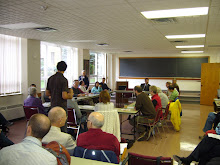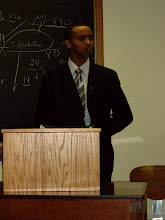The unforgiven: Judaism’s struggle with forgiveness and the implications for liturgical expression
by Rabbi Steven Saltzman (Adath Israel Congregation)
Unlike Christianity and Islam, religions with well defined notions of forgiveness, Judaism lives with an excruciating ambivalence about the real possibilities of forgiveness. The very definition of forgiveness is debated in biblical and rabbinic sources and Jews today in North America struggle to understand the real possibilities of forgiveness both in daily life and in national terms especially with regard to the Shoah. This tension between forgiveness as a real possibility on the one hand and forgiveness as an impossibility on the other hand informs our liturgy which on a daily basis avoids the polar extremes in favour of a practical approach to forgiveness. We will explore some of these issues in the seminar.
Rabbi Steven Saltzman serves as a Senior Rabbi of Adath Israel Congregation. He holds a doctorate in Hebrew literature from JTS and is a Fellow at both the Shalom Hartman Institute and Harvard Divinity School.


.jpg)








